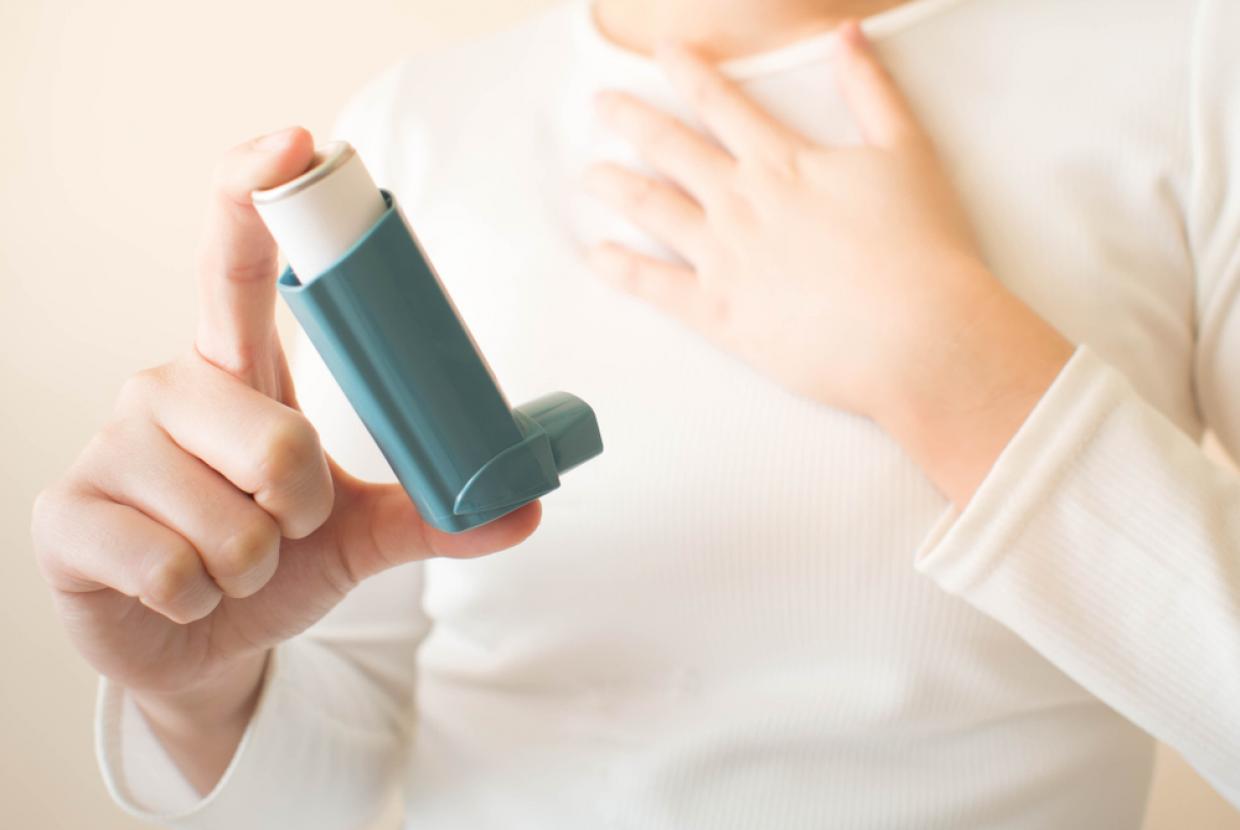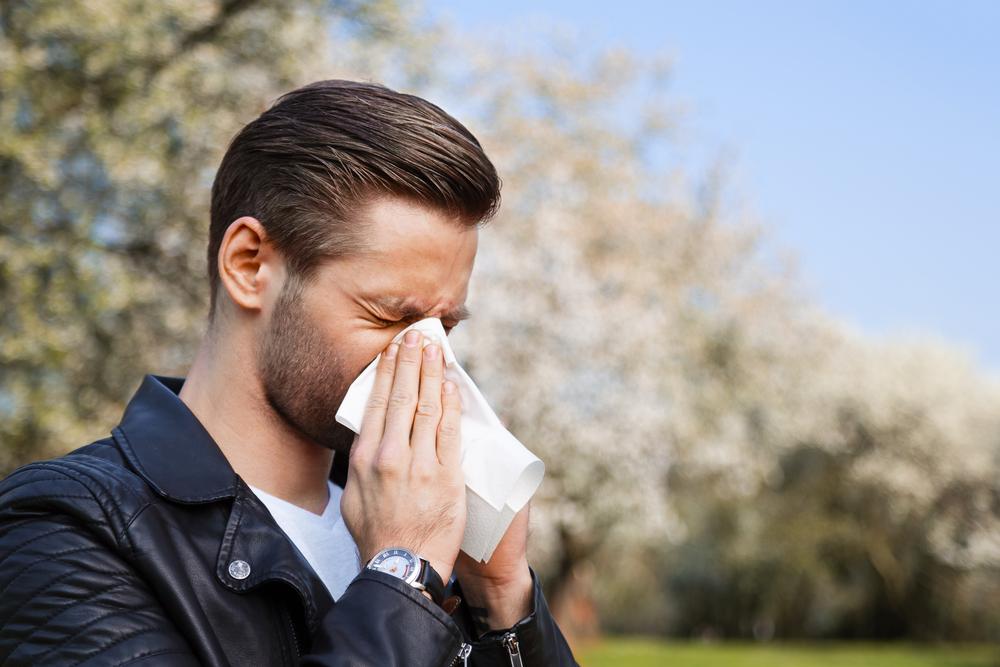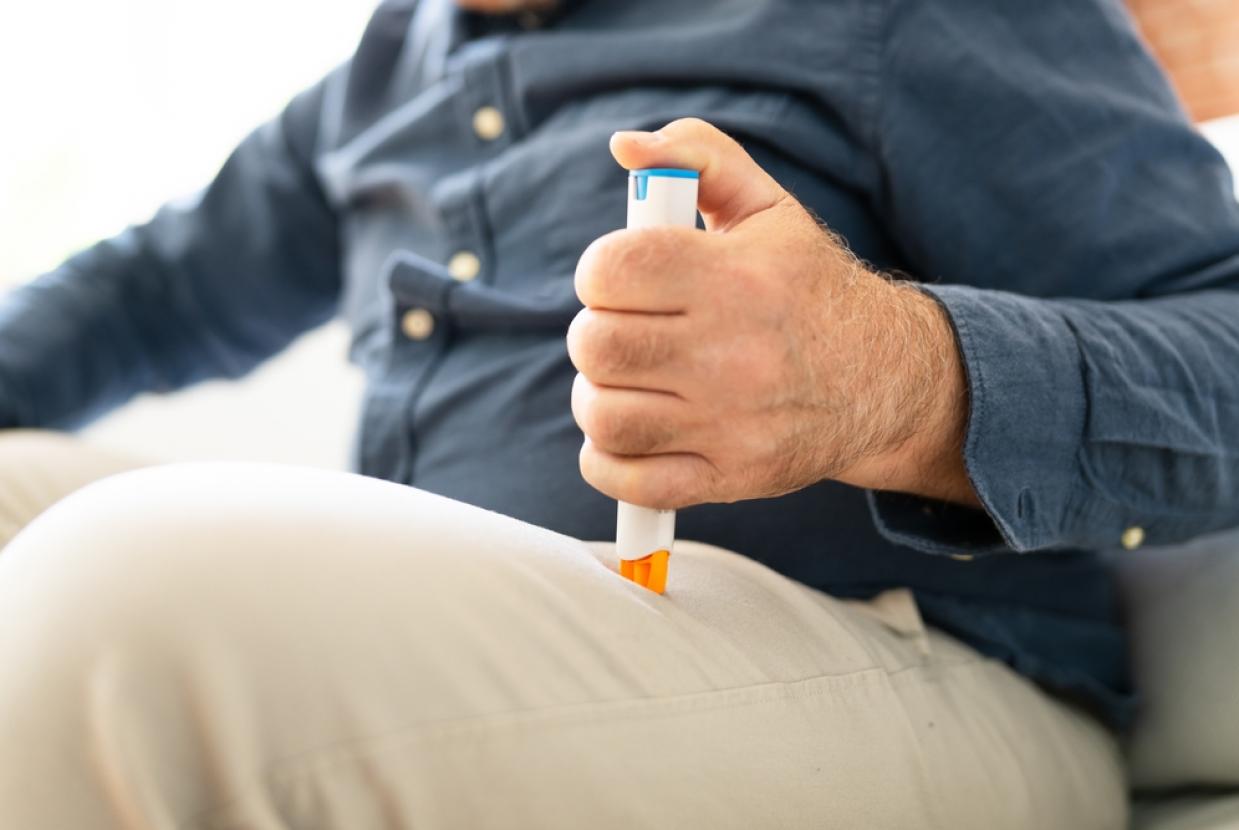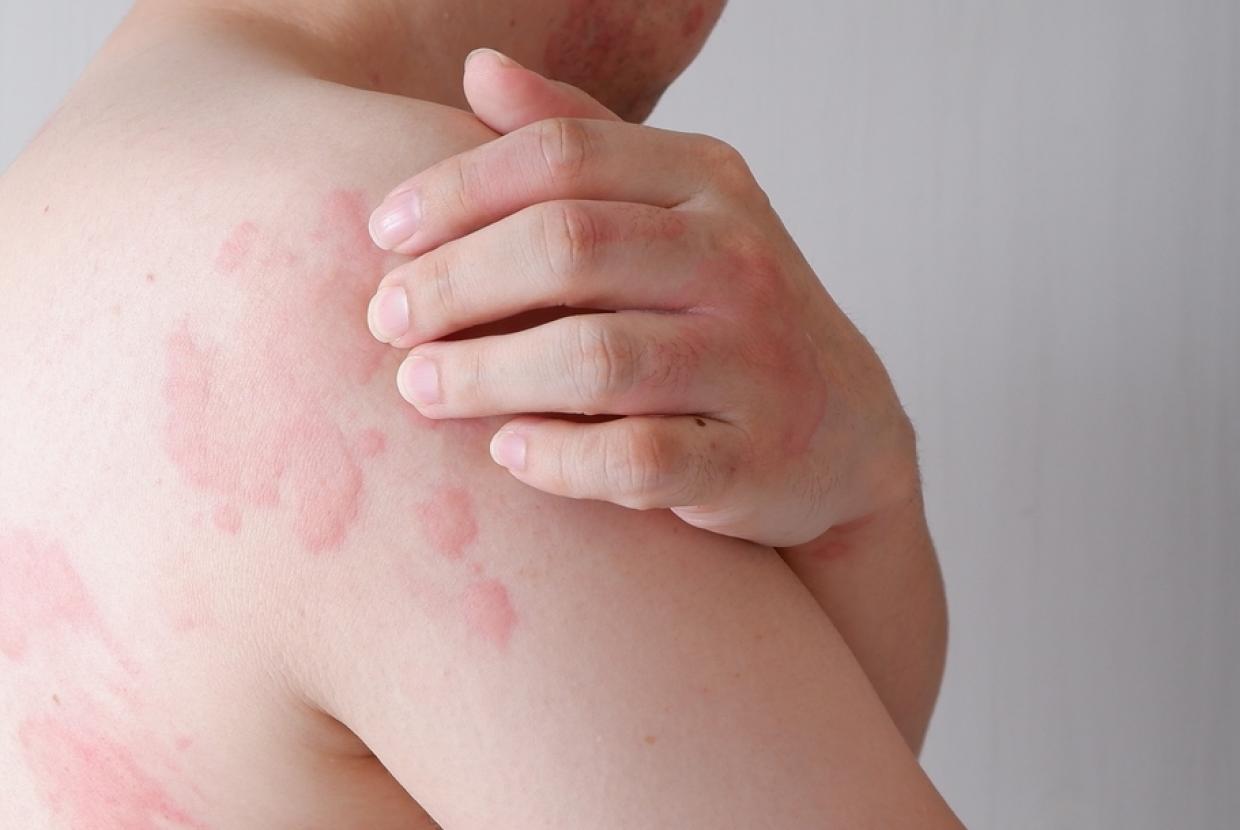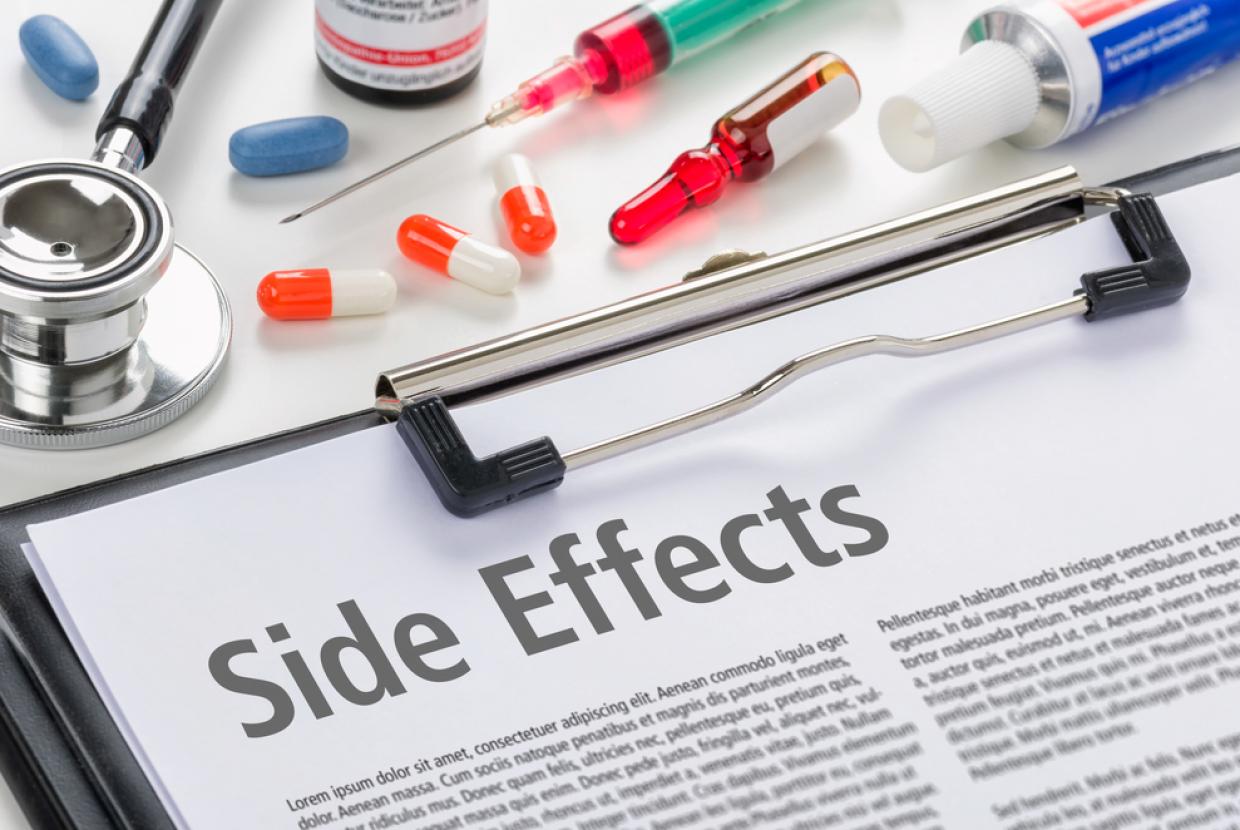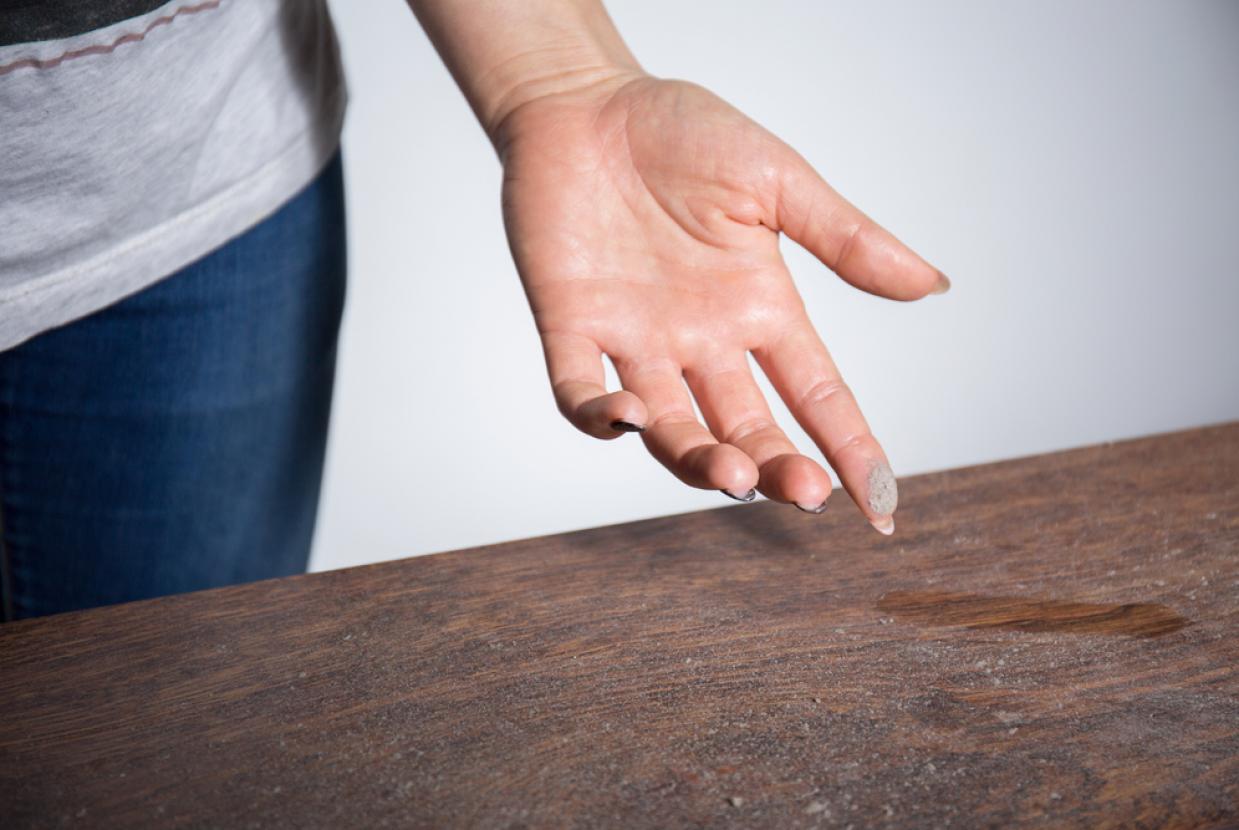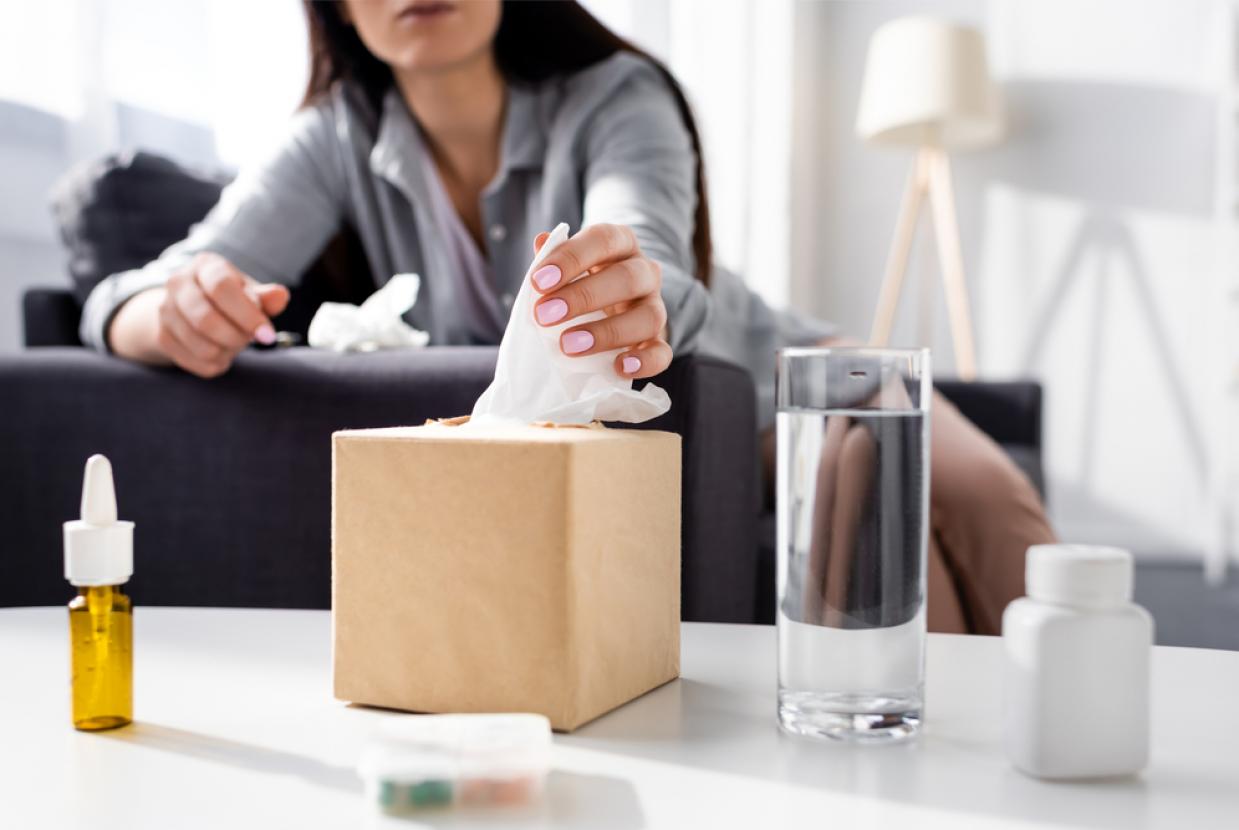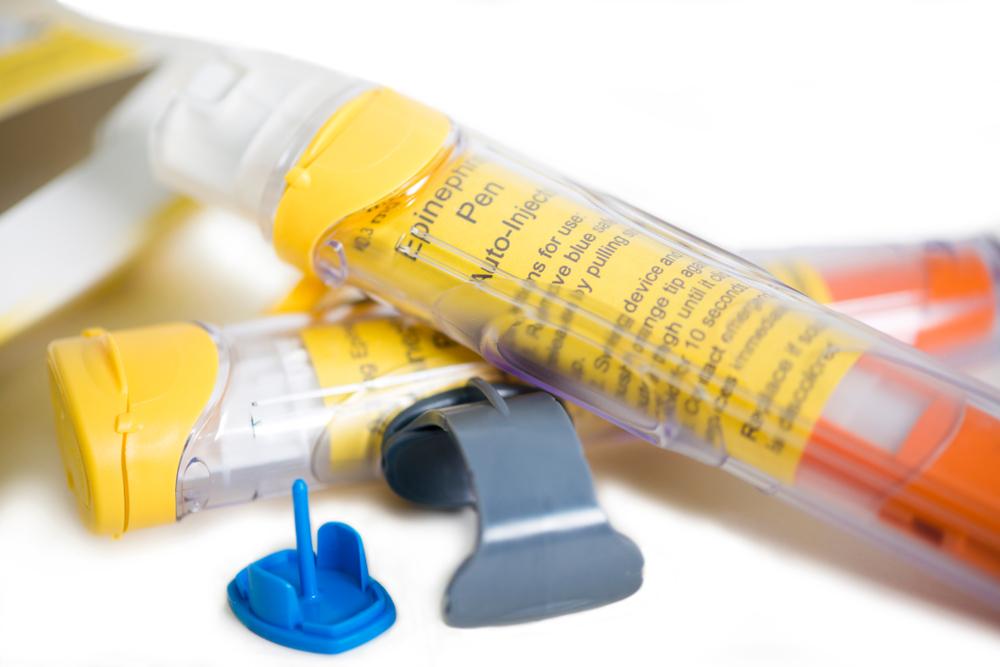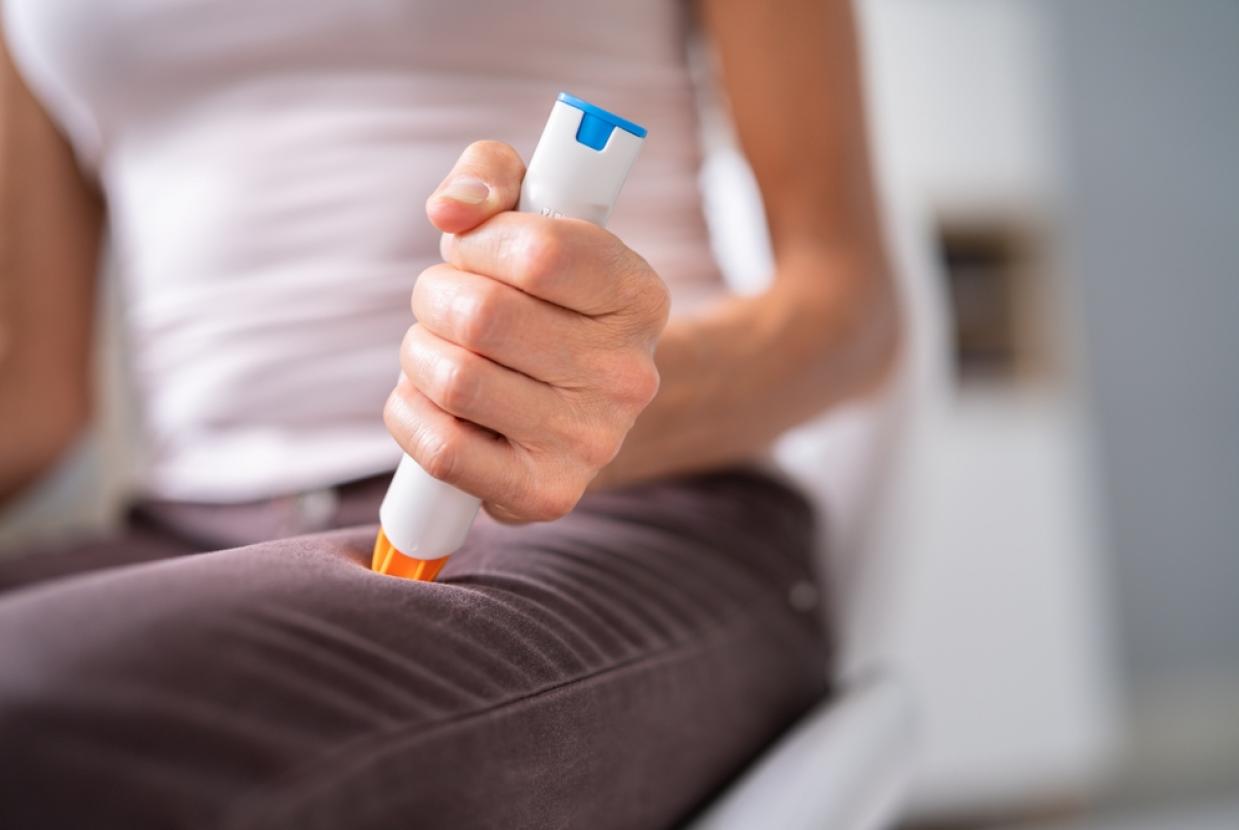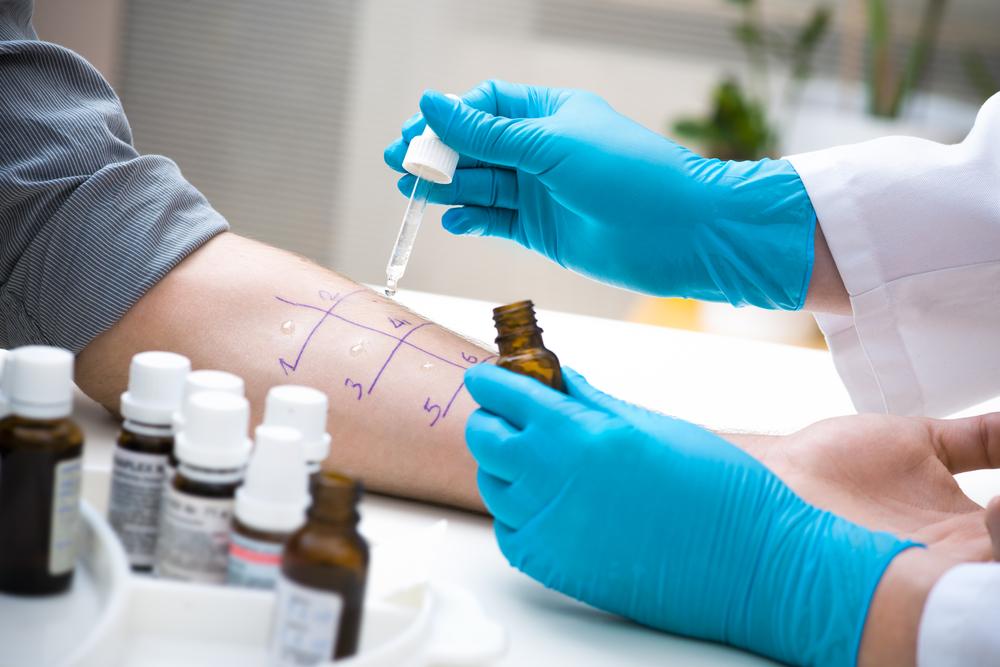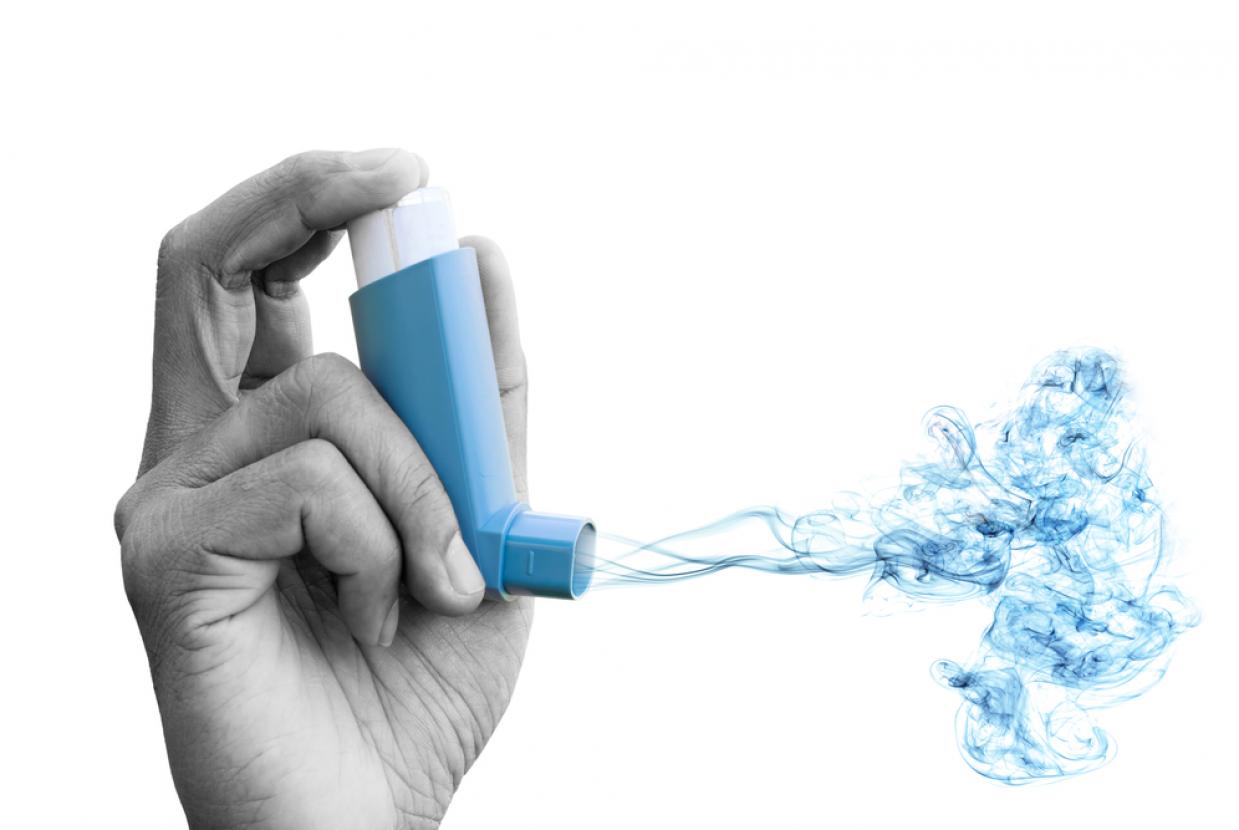Treating Asthma
There's currently no cure for asthma, but treatment can help control the symptoms so you're able to live a normal, active life. Inhalers, which are devices that let you breathe in medicine, are the main treatment. Tablets and other treatments may also be needed if your asthma is severe.
You'll usually create a personal action plan with a doctor or asthma nurse. This includes information about your medicines, how to monitor your condition and what to do if you have an asthma attack.
Inhalers
Inhalers can help:
- relieve symptoms when they occur (reliever inhalers)
- stop symptoms developing (preventer inhalers)
Some people need an inhaler that does both (combination inhalers).
Reliever inhalers
Most people with asthma will be given a reliever inhaler. These are usually blue. You use a reliever inhaler to treat your symptoms when they occur. They should relieve your symptoms within a few minutes.
Tell a GP or asthma nurse if you have to use your reliever inhaler 3 or more times a week. They may suggest additional treatment, such as a preventer inhaler. Reliever inhalers have few side effects, but they can sometimes cause shaking or a fast heartbeat for a few minutes after they're used.
Preventer inhalers
If you need to use a reliever inhaler often, you may also need a preventer inhaler. You use a preventer inhaler every day to reduce the inflammation and sensitivity of your airways, which stops your symptoms occurring. It's important to use it even when you do not have symptoms.
Speak to a GP or asthma nurse if you continue to have symptoms while using a preventer inhaler. Preventer inhalers contain steroid medicine. They do not usually have side effects, but can sometimes cause:
- a fungal infection of the mouth or throat (oral thrush)
- a hoarse voice
- a sore throat
You can help prevent these side effects by using a spacer, which is a hollow plastic tube you attach to your inhaler, as well as by rinsing your mouth after using your inhaler. You may also need to take tablets if using an inhaler alone is not helping control your symptoms.
Steroid tablets
Steroid tablets may be recommended if other treatments are not helping to control your symptoms. They can be taken either:
- as an immediate treatment when you have an asthma attack
- every day as a long-term treatment to prevent symptoms – this is usually only necessary if you have very severe asthma and inhalers do not control your symptoms


